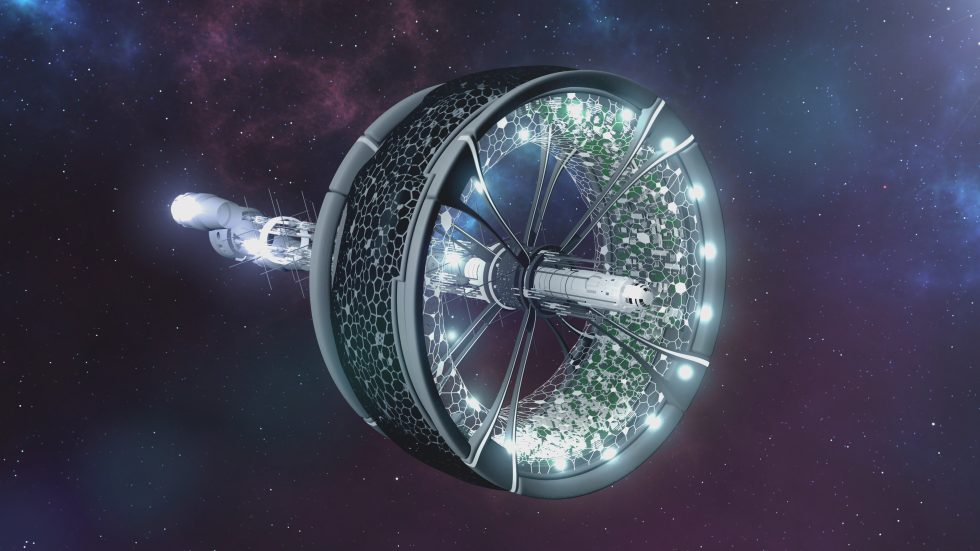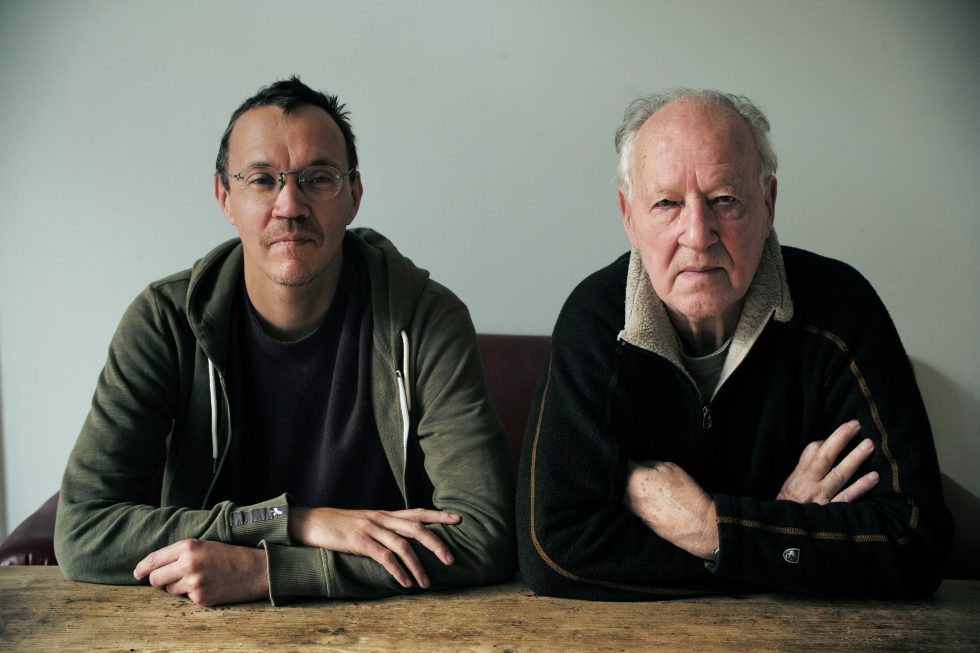
Last Exit: Space is a new documentary on Discovery+ that explores the possibility of humans colonizing planets beyond Earth. Since it is produced and narrated by Werner Herzog (director of Grizzly Man, guest star on The Mandalorian) and written and directed by his son Rudolph, however, it goes in a different direction than your average space documentary. It's weird, beautiful, skeptical, and even a bit funny.
In light of the film's recent streaming launch, father and son Herzog spoke with Ars Technica from their respective homes about the film's otherworldly hopes, pessimistic conclusions, and that one part about space colonists having to drink their own urine.
“My accent is a joke”

"[As a narrator], I always spoke in a deadpan [voice], and of course there's a certain humor in it because listening to my accent is a joke already," Werner says from his current home in Los Angeles. His son Rudolph, phoning in from Germany, scoffs at this, to which Werner replies, "Well, to some!"
Werner notes that the script is his son's, who says that "all of my films are comedies, even if they don't look like comedies." Rudolph's inclination for dark humor is seen throughout Last Exit: Space, which is largely anchored by interviews with researchers, engineers, and ex-astronauts, though the director is also eager to feature skeptics, futurologists, and voices that he admits he "politely disagrees with."
Werner, as narrator, periodically clarifies certain points about humankind's interest in space colonization. In rare instances, he editorializes, such as when Werner describes the efforts of SpaceX, Blue Origin, and Virgin Galactic as humans "venturing out into space in a testosterone-fueled competition." Other times, Werner opts for dryly funny narration of how bleak certain space colonization efforts may turn out.
"The reality of life on Mars would be sobering," he says. "Astronauts would hunker down in radiation-proof bunkers, enjoying drinks of recycled urine."
"I knew when I speak about [drinking] your own urine, if I say it deadpan, it becomes hilarious," Werner tells Ars Technica. "If I had made a big fuss about it with my voice, it wouldn't have worked." He then tells Ars that he's familiar with an ecosystem of comedians and YouTube creators that parody his voice, acknowledging that he gets the comedy of it. "I made a film in Antarctica once, and before I even started editing, there was already a satire out—about a film I hadn't really started yet!" he says.
Though I was unable to find the satirical video in question, the finished product leans into Werner's proclivity for darkly funny deadpan, both in narration and visual content. Here's an example from the gorgeous 2007 documentary Encounters at the End of the World:
reader comments
462